
Brazilian Energy Policy under Lula: What to Expect
To explore Lula’s plans for Brazil’s energy sector, the Inter-American Dialogue hosted the online event “Power in Brazil – Energy Policy Post-Election” on November 8, 2022.
To explore Lula’s plans for Brazil’s energy sector, the Inter-American Dialogue hosted the online event “Power in Brazil – Energy Policy Post-Election” on November 8, 2022.
The 41 percent drop in China’s first quarter GDP, compounded by the global oil price rout, has been something of a worst case scenario for the region’s producers.
What consequences does the global context—with both lower prices and falling demand—have on Petrobras’ long-term strategies and on Brazil’s oil and gas sector in general?
Brazil has vast oil reserves, but can the Bolsonaro government get the energy to market? Lisa Viscidi tells Richard Miles of CSIS that reforms are already in place that will enable oil production “to take off.” The real obstacles are the financial stability of Petrobras, the shaky state oil conglomerate, and the monopoly that the state has on most aspects of energy production, delivery, and even retail sales.
Revitalizing Brazil’s energy sector will be key to Jair Bolsonaro’s success as president – but so far, he’s had mixed results when it comes to getting reforms through Congress. Unless Bolsonaro learns to work with legislators and ease turbulence within his government, Brazil’s missing energy reforms will continue to threaten its economy, and its politics.
New leaders in Mexico and Brazil may mean big changes to their respective energy sectors. Lisa Viscidi tells Richard Miles of CSIS that a Mexican delay on offshore bidding could have a major impact, but that Brazil is likely to maintain the status quo. Venezuela could take years to recover production once it emerges from its current crisis, given the massive investment required to reverse declining oil output.
An interview with Peter Hakim about the impacts of Lava Jato, Brazil’s political polarization, and the country’s role in the international community
Brazil is on track to double its oil and gas production following a series of energy policy reforms aimed at increasing investment.
What plausible explanations are there for the unprecedented, anti-corruption social and institutional reactions recently seen in Latin America?
Across Latin America, the sustained decline in global oil prices has had a profound impact on economic growth, political stability and the viability of resource nationalism – when governments assert more control over the nation’s natural resources.
To remain competitive, Brazil will have to revise its regulations and reverse many of the reforms instituted just a few years ago.
Among a number of weak political and social organizations, the Brazilian judicial system stands out as the most effective and trustworthy of the country’s institutions. Because Brazilian courts are highly autonomous, they have the unique capability to independently evaluate the constitutionality of actions taken by the other branches of government.…
What does China stand to gain from investing in Latin America’s energy projects? Where is China looking next in the region?
With Brazil’s state oil company Petrobras engulfed in a massive corruption scandal, the government looks poised to introduce an energy sector overhaul.
Brazil faces enormous challenges, but Dilma Rousseff’s impeachment is not likely one of them.
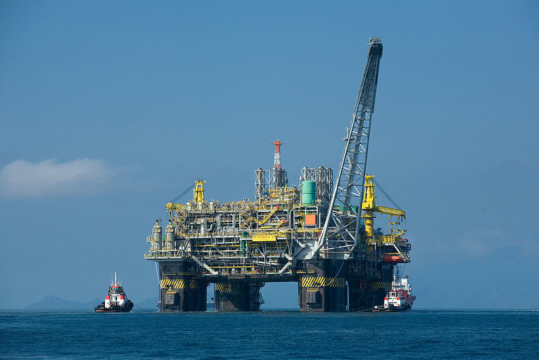
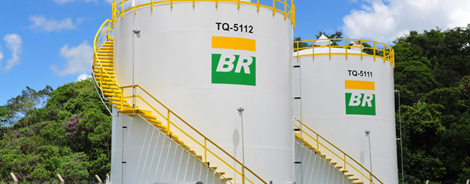
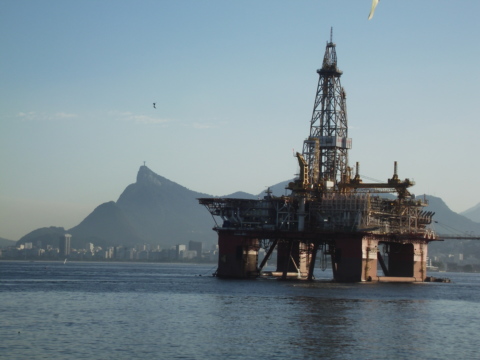 Video
Video
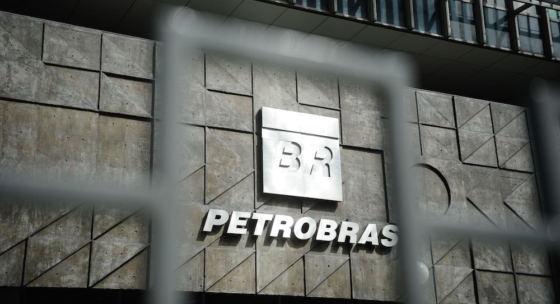
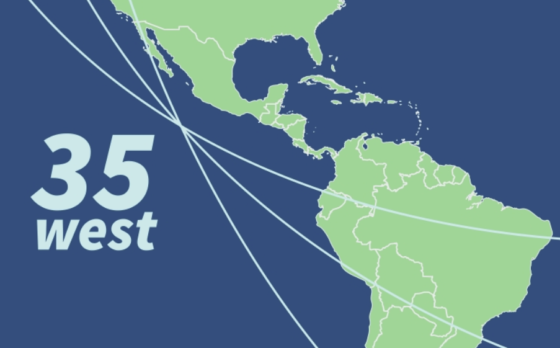 Video
Video

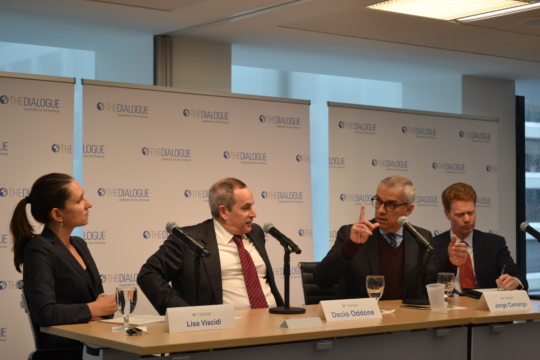
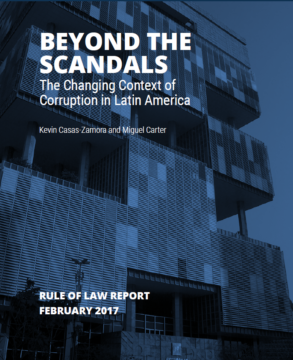

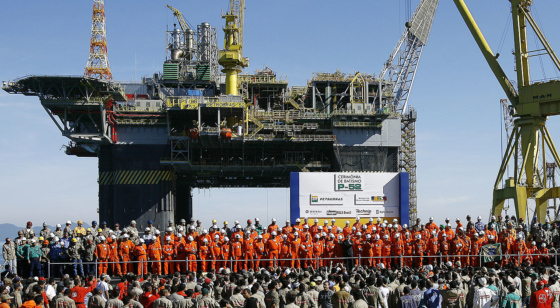
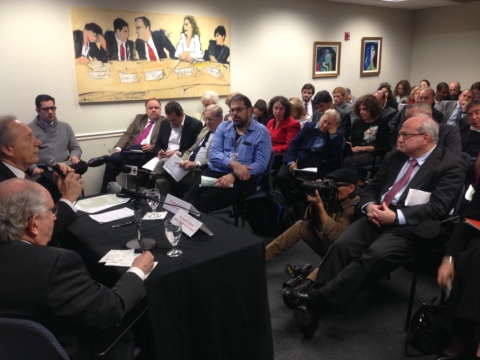 Video
Video
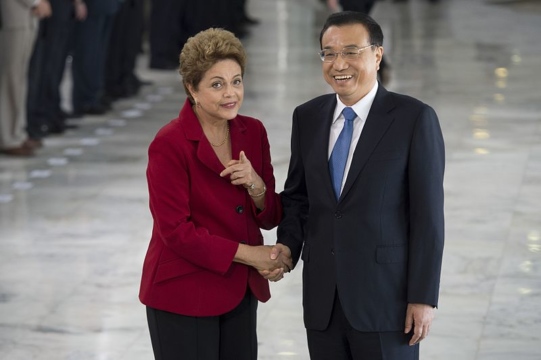
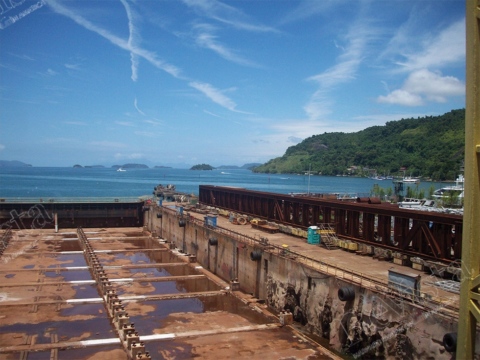
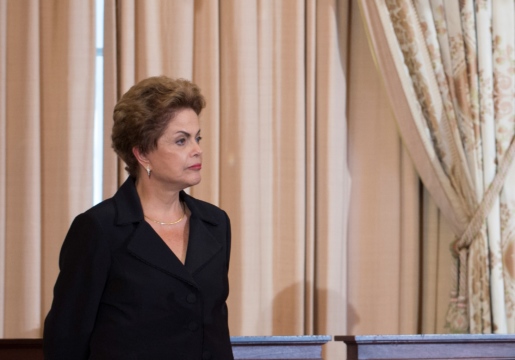 Video
Video